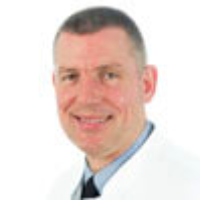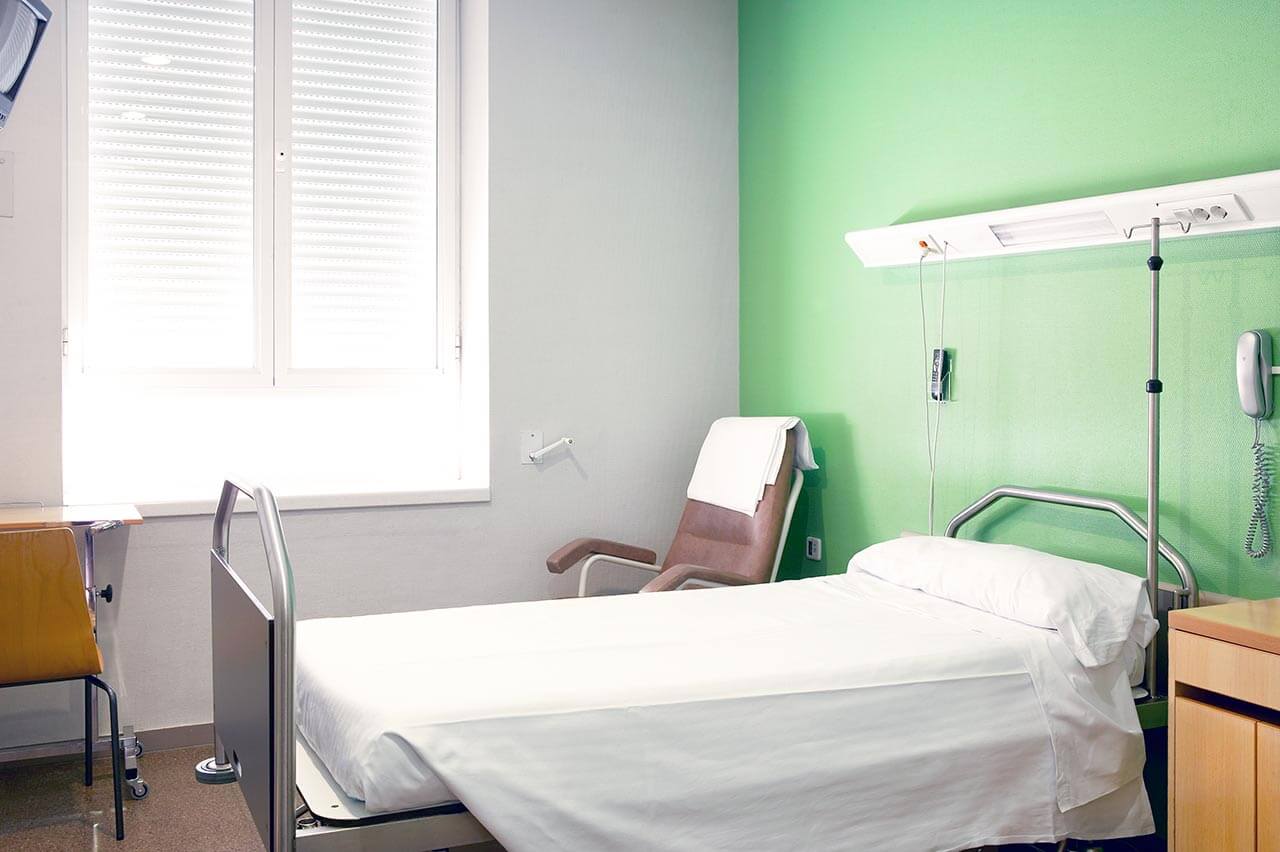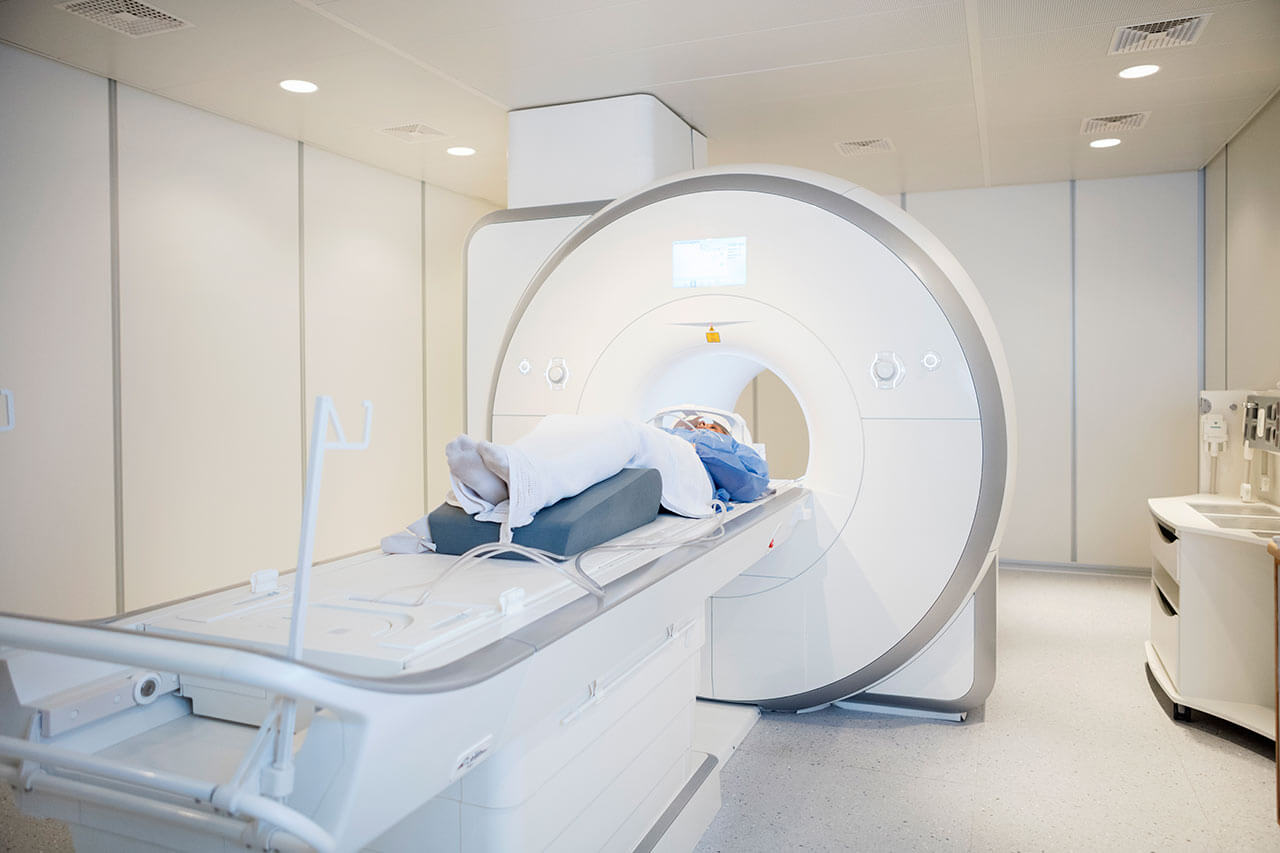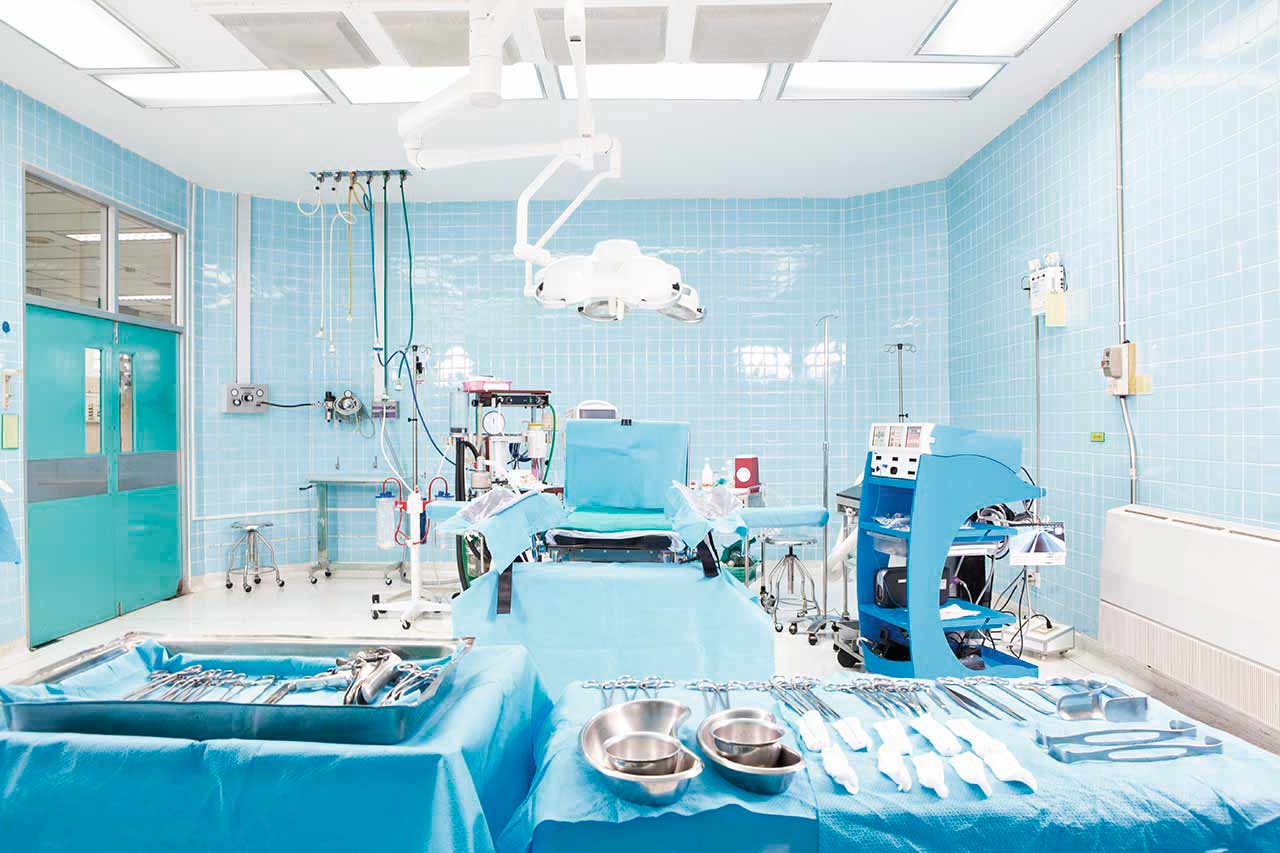
About the Department of Pediatric Neurology at University Hospital of Ludwig Maximilian University of Munich
The Department of Pediatric Neurology at the University Hospital of Ludwig Maximilian University of Munich offers the full range of diagnostic and therapeutic services in the field of its competence. Doctors pay due attention to helping young patients with general lesions of the nervous system, motor disorders of neurological origin, inflammatory neurological diseases, neuromuscular pathologies, and chronic headaches. To ensure comprehensive medical care and achieve optimal results, all the necessary specialists are involved in the treatment process, such as pediatric neurologists, psychologists, physiotherapists, ergotherapists, and speech therapists. Depending on the complexity of the clinical case, outpatient or inpatient treatment may be provided. The department offers all advanced diagnostic and treatment methods, and special attention is paid to the moral support of young patients and their parents. The medical facility has excellent infrastructure, including play areas for children, so that they can feel as comfortable as possible. The Head Physician of the department is Prof. Dr. med. Florian Heinen.
The department's pediatric neurologists regularly treat children with movement disorders caused by pathologies of the nervous system. Cerebral palsy (CP) is one of the most common movement disorders encountered by physicians in their clinical practice. Cerebral palsy occurs as a result of a developmental disorder or brain injury that affects the child's ability to control muscle function. A child suffering from cerebral palsy has not only movement disorders but also other impairments such as mental retardation, problems with hearing, vision, and speech. The treatment tactics are determined depending on the type of cerebral palsy and its severity. The doctors working at the medical facility prefer a comprehensive approach, combining drug therapy, massage, therapeutic exercises, the author's therapeutic concepts (for example, the Bobath concept and Vojta therapy), and the use of orthopedic correction tools (orthoses, special splints, and corsets).
The department's specialists also successfully treat rarer types of movement disorders in children, such as dystonia, dyskinesia, tics, spastic paresis, spastic spinal paralysis, and spastic syndromes caused by spinal cord injuries. In the course of the treatment of the above-mentioned pathological conditions, a complex of measures is used, including the intake of drugs, therapeutic exercises, physiotherapy procedures, and deep brain stimulation. In addition, young patients undergoing their treatment in the department are offered innovative robot-assisted locomotor training (Lokomat®). Children are trained on a special robot-assisted device that is designed to train walking. Training on the simulator helps to improve the child's motor functions and endurance, as well as increase the speed of movements. The success of training on the Lokomat® robot-assisted system has been scientifically proven in clinical trials.
The department's doctors have vast experience in providing medical care to children with multiple sclerosis (an inflammatory disease of the nervous system). The pathology is considered incurable, but the department's pediatric neurologists have various therapeutic techniques in their arsenal to ensure a high quality of life for a child. The most common manifestations of multiple sclerosis in children include visual loss and eye movement disorders, loss of sensation, balance disorders, and dizziness. An MRI scan of the brain and spinal cord, as well as a lumbar puncture, are sufficient to confirm the diagnosis. The department's specialists carry out differential diagnostics with other neurological pathologies whenever required. As for treatment, doctors use modern pills, infusions, physiotherapy, and other methods.
The department's range of medical services includes:
- Diagnostics and treatment of general neurological disorders and pathologies
- Diagnostics and treatment of developmental disorders
- Developmental disorders in premature babies
- Unexplained developmental or behavioral disorders
- Developmental delay
- Impaired speech development, play behavior, and communication with other children
- Genetic syndromes (for example, Prader-Willi syndrome, Rett syndrome, Down syndrome)
- Chronic diseases affecting the development of the child (for example, congenital metabolic disorders)
- Diagnostics and treatment of movement disorders
- Cerebral palsy of any severity
- Dystonia and dyskinesia
- Choreiform disorders
- Tic disorders
- Spastic paresis
- Spastic spinal palsy
- Spastic syndromes caused by spinal cord injuries
- Idiopathic toe walking
- Diagnostics and treatment of inflammatory diseases of the nervous system
- Multiple sclerosis
- Myasthenia gravis
- Inflammatory neuropathies (for example, chronic inflammatory demyelinating polyradiculoneuropathy (CIDP), Guillain-Barre syndrome)
- Diagnostics and treatment of neuromuscular diseases
- Muscular dystrophies and congenital myopathies
- Spinal muscular atrophy
- Hereditary polyneuropathies
- Congenital myasthenic syndromes
- Mitochondrial diseases
- Traumatic injuries of the peripheral nervous system
- Brachial plexus paralysis in the case of injuries during a childbirth
- Diagnostics and treatment of chronic headaches
- Migraine
- Chronic headache of unknown origin
- Tension headache
- Facial pain
- Diagnostics and treatment of other neurological disorders in children
The department's main therapeutic options include
- Drug therapy
- Intake of pills
- Injection therapy
- Infusion therapy
- Deep brain stimulation
- Physiotherapeutic procedures, including robot-assisted locomotor training (Lokomat®)
- Therapeutic exercises
- Massage
- Author's treatment concepts (for example, the Bobath concept and Vojta therapy)
- Orthopedic correction auxiliaries (orthoses, special splints, and corsets)
- Other treatment methods
Curriculum vitae
Higher Education and Professional Career
- Since 2003 Head of the Department of Pediatric Neurology at the University Hospital of Ludwig Maximilian University of Munich.
- 1999 - 2003 Head of the Children's Hospital Duisburg.
- 1999 Professor for Pediatrics and Pediatric Neurology, University of Freiburg.
- 1987 - 1997 Postgraduate Training in Neurology, including Pediatric Neurology, and Psychiatry.
- 1969 - 1979 Human Medicine studies, University of Freiburg
Clinical and Research Interests
- Botulinum toxin therapy for children in Germany.
- Botulinum toxin injections under ultrasound guidance.
- Robotic medicine for children with cerebral palsy.
- Study of the development of motor skills using neurophysiological and systemic physiological methods and imaging methods.
- Treatment of epilepsy.
- Treatment of cerebral palsy and dystonia.
- Treatment of headaches in children.
- Treatment of fetal alcohol syndrome.
- Treatment of stroke in children.
Memberships in Professional Societies
- Former President of the German Neuropaediatric Society (GNP).
- Initiator and Кesponsible Сoordinator of the Academy of Continuing Education of the German Society for Neuropediatrics (GNP).
- Society for Clinical Neurophysiology and Functional Imaging.
- American Academy for Cerebral Palsy and Developmental Medicine (AACPDM).
- Chairman and Secretary of the Working Group on Botulinum Toxin Treatment of the German Neurological Society.
- Member of the Scientific Advisory Board of the German Dystonia Society (DDG).
- Member of the Board of the European Pediatric Neurology Society (EPNS).
Photo of the doctor: (c) LMU Klinikum





